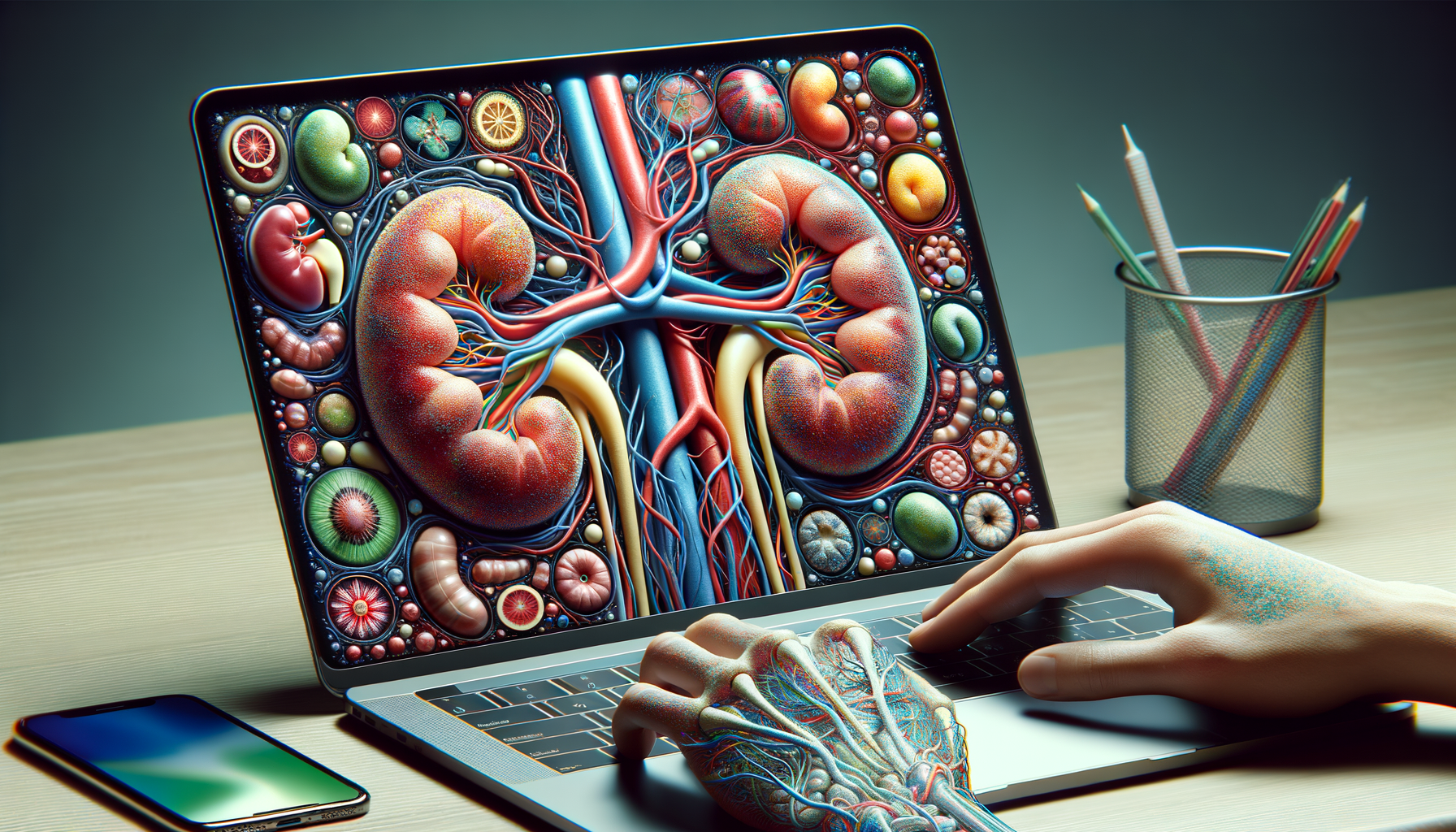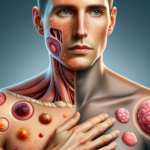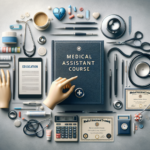Introduction to Chronic Kidney Disease
Chronic Kidney Disease (CKD) is a progressive condition characterized by a gradual loss of kidney function over time. It affects millions globally, posing significant health challenges. The kidneys, essential for filtering waste and excess fluids from the blood, also play a crucial role in maintaining overall health by regulating blood pressure, producing essential hormones, and balancing electrolytes. When CKD occurs, these vital functions are compromised, leading to various health complications. Understanding CKD’s causes, symptoms, and management strategies is essential for early detection and effective treatment, ultimately improving patient outcomes and quality of life.
Causes and Risk Factors
Chronic Kidney Disease can result from a multitude of causes, primarily stemming from other health conditions that strain the kidneys. The most common causes include:
- Diabetes: High blood sugar levels can damage the blood vessels in the kidneys, leading to CKD.
- Hypertension: Chronic high blood pressure can cause damage to kidney tissues over time.
- Glomerulonephritis: Inflammation of the kidney’s filtering units can lead to CKD.
- Polycystic Kidney Disease: A genetic disorder causing cysts to form in the kidneys.
Risk factors for CKD include a family history of kidney disease, age (over 60), obesity, smoking, and cardiovascular diseases. Identifying these risk factors is crucial for early intervention and prevention strategies, as they can significantly influence the progression of CKD.
Symptoms and Diagnosis
CKD often progresses silently, with symptoms appearing only in advanced stages. Common symptoms include fatigue, swelling in the ankles and feet, changes in urination patterns, and persistent itching. As kidney function declines, waste products build up in the blood, leading to more severe symptoms like nausea, vomiting, and loss of appetite.
Diagnosis of CKD involves a combination of tests, including:
- Blood Tests: Measuring levels of creatinine and urea nitrogen in the blood to assess kidney function.
- Urine Tests: Checking for protein or blood in the urine, which can indicate kidney damage.
- Imaging Tests: Ultrasound or CT scans to visualize kidney structure and detect abnormalities.
- Biopsy: A small sample of kidney tissue may be examined to determine the cause of kidney damage.
Early detection through regular screening is vital, particularly for those with risk factors, as it allows for timely intervention and management to slow disease progression.
Treatment and Management
Managing CKD involves addressing the underlying causes and slowing the progression of kidney damage. Treatment strategies include:
- Medications: Controlling blood pressure and blood sugar levels, using medications such as ACE inhibitors or ARBs, can protect kidney function.
- Dietary Changes: A renal-friendly diet low in sodium, potassium, and phosphorus can help manage symptoms and prevent complications.
- Lifestyle Modifications: Quitting smoking, maintaining a healthy weight, and engaging in regular physical activity can improve overall health and kidney function.
- Dialysis or Transplant: In advanced stages, dialysis or kidney transplant may be necessary to replace lost kidney function.
Collaborating with healthcare providers to create a personalized treatment plan is essential for effectively managing CKD and maintaining quality of life.
Prevention and Lifestyle Considerations
Preventing CKD involves adopting a proactive approach to health and lifestyle choices. Key preventive measures include:
- Regular Check-Ups: Routine health screenings can detect early signs of kidney damage, allowing for timely intervention.
- Healthy Diet: Consuming a balanced diet rich in fruits, vegetables, and whole grains helps maintain kidney health.
- Hydration: Drinking adequate water supports kidney function and aids in waste elimination.
- Exercise: Regular physical activity helps control weight, blood pressure, and blood sugar levels.
By incorporating these practices into daily life, individuals can reduce their risk of developing CKD and promote overall well-being. Education and awareness about CKD and its risk factors are crucial in empowering individuals to take charge of their kidney health.








